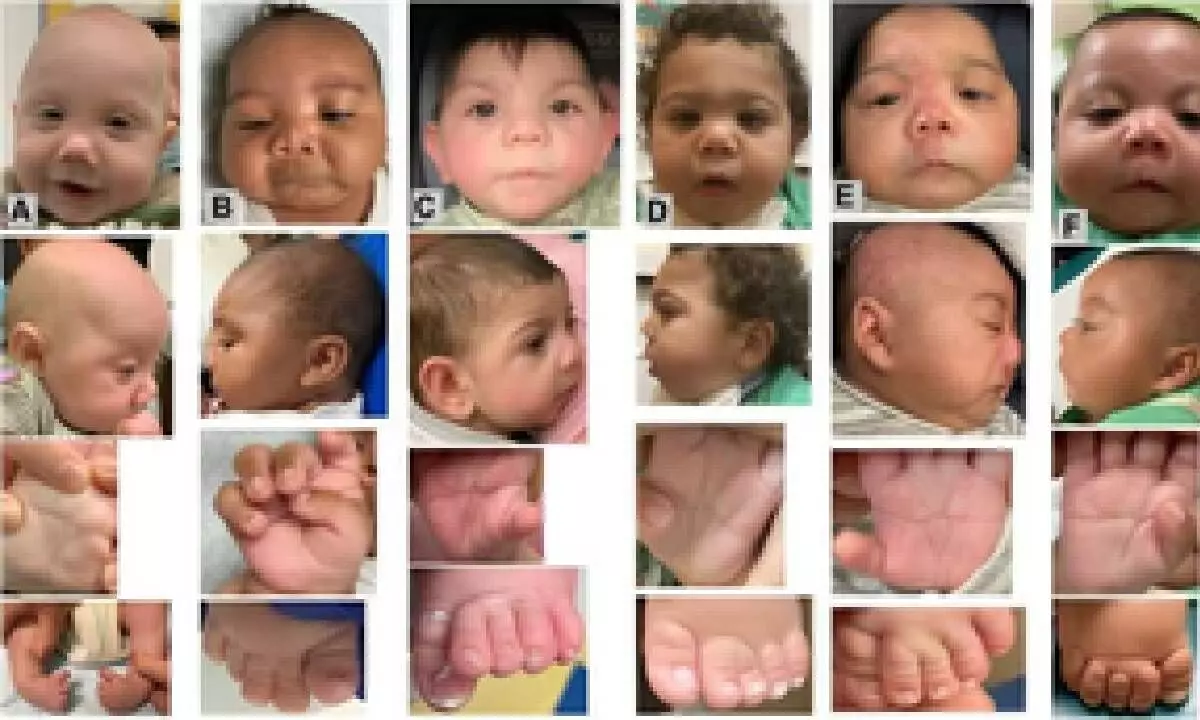Maternal opioid use in pregnancy linked to new birth anomalies
US researchers have suggested the emergence of a novel syndrome characterised by facial and musculoskeletal abnormalities among babies born to mothers who used fentanyl.
image for illustrative purpose

New York, Oct 30 US researchers have suggested the emergence of a novel syndrome characterised by facial and musculoskeletal abnormalities among babies born to mothers who used fentanyl.
Fentanyl is a powerful opioid which has been proven to cross the placenta and cause birth defects.
Doctors at Nemours Children's Hospital in Delaware, US reported that the infants whose mothers used fentanyl during pregnancy had small heads, short stature, and distinctive facial features.
Multiple infants had cleft palate, "rocker bottom" feet, and malformed genital organs. Other common features included short, broad thumbs, a single palmar crease, and fused toes, they said in the study published in the journal Genetics in Medicine Open.
"Given the fentanyl use epidemic, it is important to recognise this condition," said Karen W. Gripp, Chief of the Division of Medical Genetics at Nemours.
"Analogous to prenatal alcohol exposure causing foetal alcohol syndrome with long-term physical and developmental consequences, this novel condition may impact many infants in life-changing ways," Gripp said.
Explaining the case, Gripp noted that in the summer of 2022 her team noticed several infants who were referred by local neonatal intensive care units or brought to the hospital for feeding difficulties shortly after birth had similar facial features and multiple physical abnormalities.
They used genetic testing to rule out certain suspected diagnoses, including Smith-Lemli-Opitz syndrome, a rare genetic condition and foetal alcohol syndrome in 10 babies.
Gripp said that while all the mothers of infants in the study said they had used fentanyl during pregnancy, the researchers had limited information on when they had used the drug, and in what amounts.
Gripp cautioned that further research will be necessary to determine whether fentanyl caused the abnormalities, or whether the symptoms developed due to a contaminant or another drug used at the same time.
Of the 10 patients in the study, six are still receiving care through the Nemours system and are being followed for further assessment of their symptoms. Three are being followed by physicians in other states, and one patient has died. Gripp aims to identify more patients for further evaluation and care.
Gripp added that future research may involve efforts to definitively confirm the novel syndrome through laboratory experiments and additional studies.

